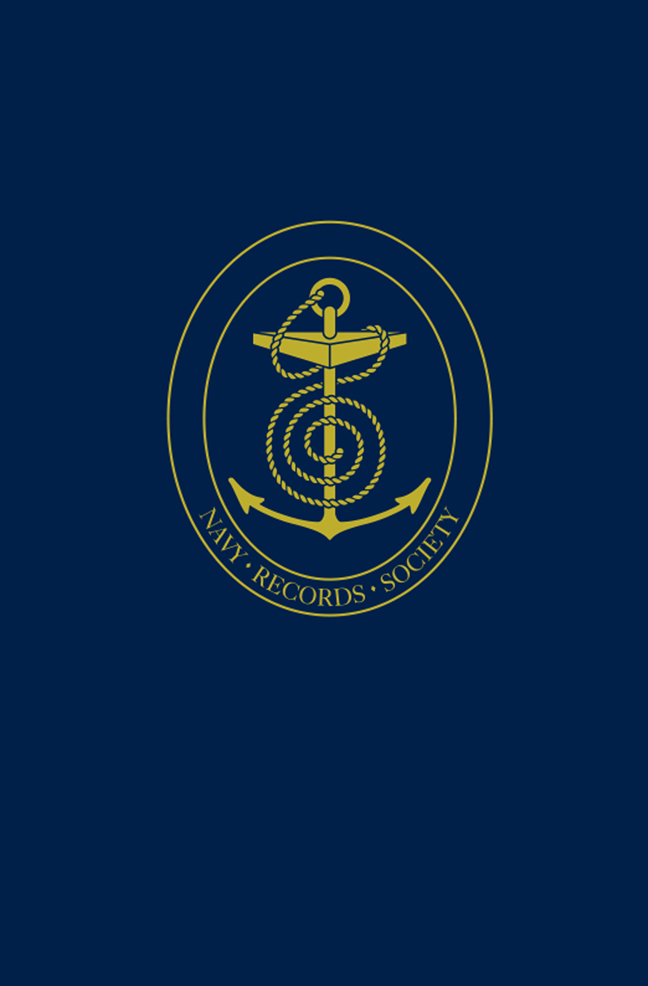Book contents
- Frontmatter
- Contents
- List of Maps
- Preface
- Glossary of Abbreviations
- Part I The Mediterranean Fleet from 1930 to the Ethiopian Crisis
- Part II The Abyssinian Crisis, 1935–1936
- Part III The Spanish Civil War and the Nyon Agreements, 1936–1937
- Part IV The Approach of War, 1938–1939
- Sources and Documents
- Index
- Miscellaneous Endmatter
Part II - The Abyssinian Crisis, 1935–1936
Published online by Cambridge University Press: 05 March 2024
- Frontmatter
- Contents
- List of Maps
- Preface
- Glossary of Abbreviations
- Part I The Mediterranean Fleet from 1930 to the Ethiopian Crisis
- Part II The Abyssinian Crisis, 1935–1936
- Part III The Spanish Civil War and the Nyon Agreements, 1936–1937
- Part IV The Approach of War, 1938–1939
- Sources and Documents
- Index
- Miscellaneous Endmatter
Summary
On 5 December 1934 Italian and Ethiopian forces clashed at the desert town of WalWal. The location was so obscure that there was doubt as to whether it was located in Ethiopia or Italian Somaliland. The Italian government demanded both an apology and reparations and initially refused an Ethiopian proposal to refer the dispute to arbitration. Ethiopia was, however, a member of the League of Nations and requested an investigation of the responsibility. A long series of complicated diplomatic machinations began and by the winter of 1935 it was apparent the Italians were building up their military strength in East Africa. In May 1935 the Council of the League of Nations established an arbitration commission to examine the question, but in the face of Italian opposition there was no agreement on procedure. The League then called in an additional arbitrator in July with the more restricted charge of establishing responsibility for the clash, but not the ownership of the disputed territory. Italian military preparations continued and from the bellicose statements of the Italian leader Benito Mussolini there was little doubt the Italians were bent on war. A three-power conference in Paris between France, Great Britain and Italy on 16 August submitted compromise proposals, subject to Ethiopian approval, that were scornfully rejected by Mussolini on the 18th. The Commission of Inquiry into the WalWal incident delivered an anodyne verdict on 3 September. Neither side was to blame for the clash since both the Italians and Ethiopians considered WalWal to be in their own territory. The Italian preparations for war continued. Hostilities could therefore lead to a situation where other members of the League might be called upon to enforce sanctions against Italy in fulfilment of their obligations under Article XVI of the Covenant of the League. On 11 September the British Foreign Secretary, Sir Samuel Hoare, delivered a strong statement at the League that Britain would honour her obligations under the Covenant, this despite the claim made by the French Foreign Minister Pierre Laval that the day before, in a private meeting, Hoare had ruled out military sanctions, a naval blockade, closure of the Suez Canal or anything likely to lead to war. In practice, a major role would be played by the two leading Mediterranean Powers, Great Britain and France.
- Type
- Chapter
- Information
- The Mediterranean Fleet, 1930-1939 , pp. 61 - 188Publisher: Boydell & BrewerFirst published in: 2024

